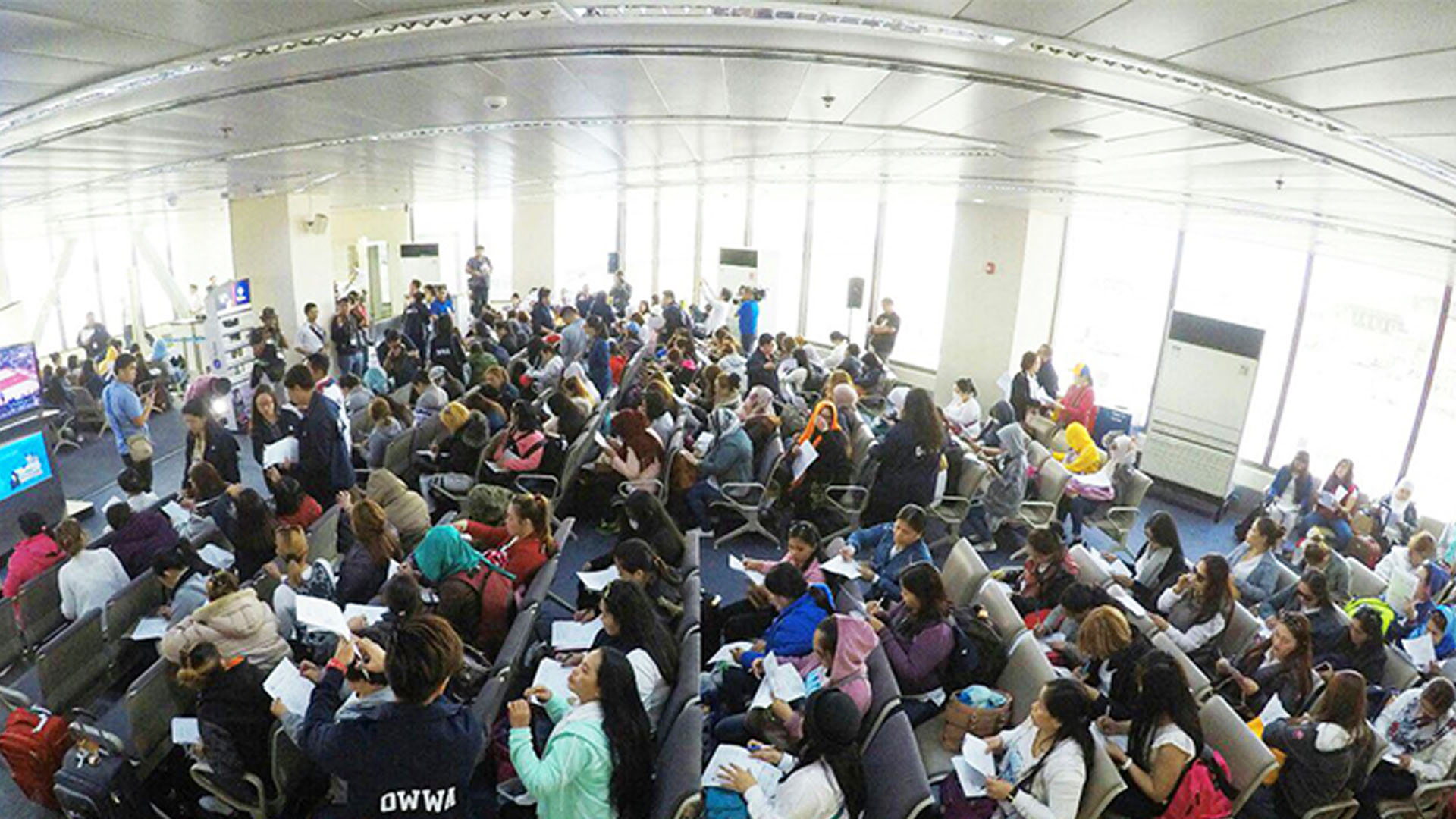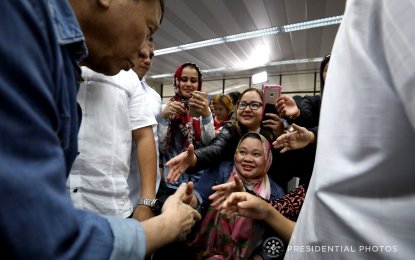The Philippine Association of Agencies to Kuwait (PHILAAK), in a statement on Friday, warned about the possible significant drop in remittances from overseas Filipino workers in Kuwait, as much as $50 million since new hires will not be allowed to leave under the total OFW deployment ban on the Gulf state.
“Pangamba ng PHILAAK na kung magtatagal ang ban ng bagong deployment at kung marami pa ang uuwi na OFW mula Kuwait ngayong 2018, maaaring mas malaki pa sa $50 million ang ibababa ng OFW remittances mula Kuwait,” PHILAAK said.

They also emphasized that it can affect the economy of the Philippine and families who depend on remittances.
“Malaking bagay iyan sa mga naghihirap na pamilyang Pilipino at ekonomiya ng bansa. Masakit iyan para sa mga pamilyang umaasa lamang sa mga padala ng OFW sa Kuwait,” it said.
The recruitment group also made mention of a data from the Central Bank of the Philippines which showed that remittances from OFWs in Kuwait declined by 5.9% in 2017 at $806.484 million from $856.715 million in 2016.
“Sa tingin ng PHILAAK, ang 5.9 percent o $50.23 million dollars na ibinaba ng halaga ng mga padala mula Kuwait ay epekto paghina ng ekonomiya ng Kuwait dahil sa pagbagsak ng presyo ng langis sa world market mula sa kataasan nitong $100 dollars per barrel noong 2015,” it said.
However, the group also stressed that economists have previously said that Kuwait’s economy will get better in the following year.
The deployment ban has not yet triggered much effect, according to the group, but they are hoping that the Philippine government will come up with solutions as soon as possible.
On February 12, the Department of Labor and Employment, under Sec. Silvestre Bello III, imposed a total deployment ban to Kuwait after the body of Joanna Demafelis was found in a freezer.
Kuwait is one of the top countries of deployment for OFWs with at least 250,000 Filipinos working there, 75% of which are domestic helpers. Out of that number, thousands availed the amnesty last week wanting to go home to the Philippines after the imposition of the deployment ban.
Protection amid ban




